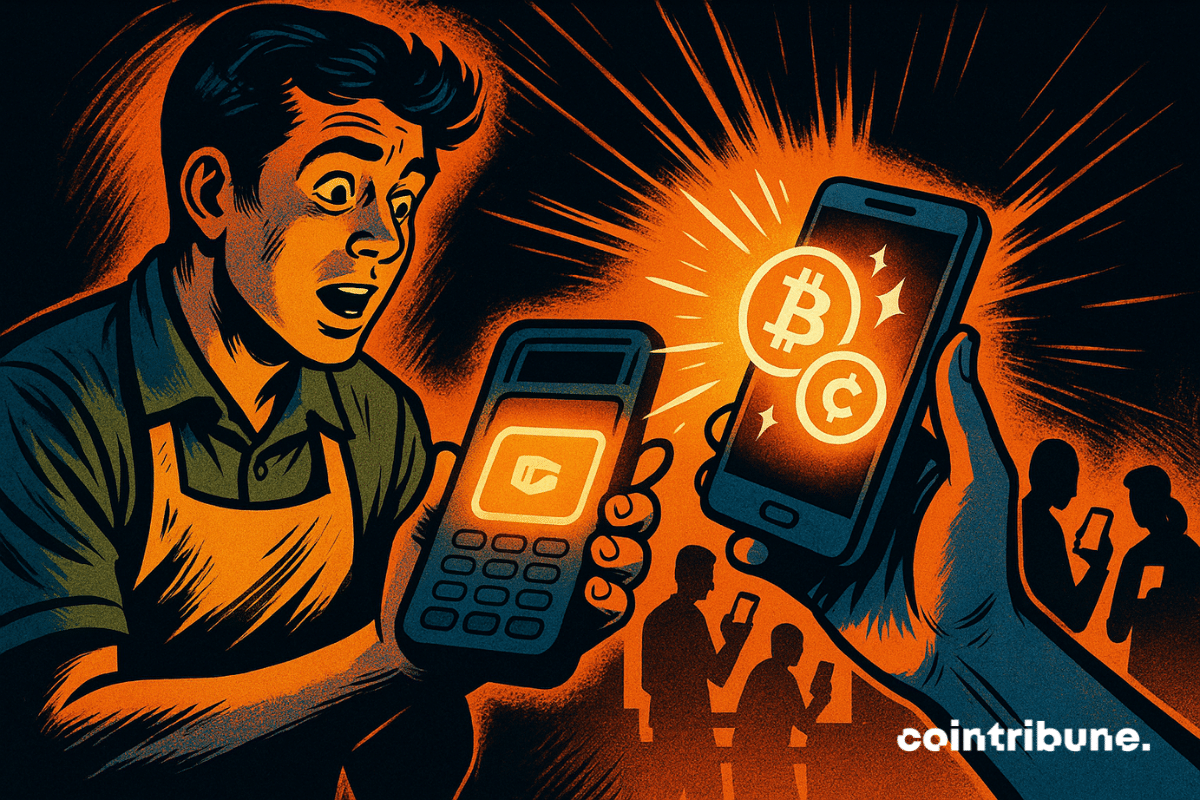This is a segment from The Breakdown newsletter. To read full editions, subscribe.
Today, The Breakdown looks at developing stories and links from around the cryptoverse.
After Jeff Yass brought his math and poker skills onto trading floors in the 1980s, global options markets stopped looking like a casino and started looking like a science.
Yass thinks prediction markets could do the same for the world.
First and foremost, he says, “It will stop wars.”
Yass cites the second Iraq War, which President Bush said would cost the US $20 billion but is now thought to have cost at least $2 trillion, and maybe as much as $6 trillion.
It’s unlikely prediction markets would have settled on such an astronomical number, but Yass believes they might have predicted something like $500 billion, in which case “people might have said, ‘Look, we don’t want this war.’”
That would have saved many, many lives, as well: “If people know how expensive it’s going to be and how disastrous it’s going to be, they’ll try to come up with other solutions.”
Prediction markets, he says, “can really slow down the lies that politicians are constantly telling us.”
He also cites applications in insurance, technology and even dating.
Asked by the 16-year-old podcast host what advice he’d give young people, Yass suggested they could avoid relationship mistakes by creating an anonymous prediction market for their friends to bet on.
“I believe in markets,” he concluded.
It sounds like a dumb idea: Unlike stocks with their open-ended valuations, prediction markets should converge toward the single fixed probability of a binary outcome.
But the author of No Dumb Ideas crunched the numbers and found that prices in political prediction markets do, in fact, trend: A market that trades up one day is more likely than otherwise to trade up the next day, too.
“Momentum seems to be real, at least for a day or two.”
The author speculatively attributes this to prediction markets making news, the dynamics of political campaigns and/or because momentum trading is fun.
I’d also cite Cliff Asness’s observation that stocks exhibit momentum in part because they tend to underreact to news — so maybe prediction markets do, too.
Whatever the reason, the study by No Dumb Ideas suggests that prediction markets are subject to many of the same behavioral finance drivers as stock markets.
So there should be something in them for everyone: momentum traders, swing traders, quants…most of whom, I suspect, will lose money.
That would be good news, if so, because it will create a stronger profit motive for experts to participate — giving us better information on subjects like how much a war is likely to cost.
The boutique investment bank Cohen & Co. booked $179 million of revenue for its advisory work on a single DAT merger, Nakamoto Kindly MD.
That’s an astonishing haul given that the company currently holds just $594 million of bitcoin, per data from Blockworks Research.
Even worse, Kindly MD now has a market capitalization of $267 million.
Cohen unfortunately took much of its compensation in shares, which have fallen 90% from the merger announcement. As a result, it booked a $146 million non-cash loss for the quarter, reducing its profit on the deal to only $33 million.
That’s still 5.5% of the company’s NAV and 12% of its market cap.
Nice work if you can get it.
Uniswap Labs has made a financially underwhelming but symbolically significant proposal for the Uniswap Protocol to collect fees and return them to token holders.
The proposal would retroactively burn 100 million tokens held in its treasury, “representing the protocol fees that could have been burned if fees were turned on at token launch.”
That amounts to a 16% buyback over five years, which is…not a lot?
0xSharples of Blockworks Research estimates that, excluding wash trading, Uniswap would have generated about $6 million of fees over the past month, which annualizes to just 1.5% of UNI’s $4.8 billion market capitalization — also not a lot for what looks like an ex-growth business.
More importantly, though, the proposal states that “Labs will stop collecting fees on its interface, wallet, and API to supercharge distribution and adoption of the Uniswap protocol.”
Beyond the fees that will reroute to token holders, this carries symbolic weight: It unwinds crypto’s most prominent dual equity-token structure, which has been so fraught with conflicts of interest.
I’d argue this comes at a cost, though.
When the UNI token was launched in 2020 as a pure governance token, it became Exhibit A for why tokens were not stocks and protocols were not companies.
Anecdotally, it felt like most UNI holders did not view themselves as owners of the Uniswap protocol — a protocol, it was thought, could not be owned in the same way a company could.
Token holders were only stewards of the protocol, and the best thing for the protocol was to either keep whatever fees it earned in its treasury or not charge fees at all.
Now, though, once the protocol starts collecting revenue and returning it to token holders, how is it not just a company?
Jake Chervinsky says the proposal will “minimize governance, maximize ownership” for UNI token holders — which makes Uniswap look a lot more like a company and UNI a lot more like equity.
This is probably for the best: The industry needs investors and investors need a profit motive to invest.
But minimizing governance and maximizing ownership also makes crypto less special.
If tokens are less special, do they risk being securities?
SEC Chair and crypto enthusiast Paul Atkins warns that calling something a token does not make it exempt from securities laws “if it in substance represents a claim on the profits of an enterprise and is offered with the sorts of promises based on the essential efforts of others.”
UNI now represents a claim on the profits of the Uniswap enterprise, so, to avoid being security, it will have to argue that it’s not making any promises on the efforts of others.
Chair Atkins promises to tread lightly, but warns that Project Crypto “is not a promise of lax enforcement at the SEC. Fraud is fraud.”
But he’s not asking a lot: “If you raise money by promising to build a network, and then take the proceeds and disappear, you will be hearing from us.”
That’s a pretty low bar for crypto projects to clear, although plenty would not have in recent years.
Nevertheless, Atkins will do everything he can to be sympathetic: “We will not forget that behind every token debate, there are real people.”
Sounds like he’s not on Crypto Twitter much.
Get the news in your inbox. Explore Blockworks newsletters:
Source: https://blockworks.co/news/prediction-markets-dats-project-crypto


